“A marine protected area (MPA) in the ocean is similar in concept to what a national park is on the terrestrial environment.” Shifting Baselines
There are many terms that mean ‘MPA’, including: sanctuaries, parks, preserves, or natural areas. All of these areas have some boundary in the oceans and are protected by either the Department of the Interior (National Park Service) or the Department of Commerce (National Ocean Atmospheric Administration).
Not all MPAs are completely closed off for human use. Each MPA has various characteristics delineated to it based upon the best circumstances for various stakeholders.
The characteristics are 1) conservation (natural, cultural and/or sustainable), 2) protection level (zoned, zoned with no-take areas, uniformed, no take, no impact, or no access), 3) permanence of protection (permanent, conditional, or temporary), 4) constancy of protection (year-round, seasonal, or rotating), 5) ecological scale of protection (ecosystem or focal resource).
Cape Hatteras, N.C. was the first marine protected area established in 1975.
MPAs are not new management tools but are gaining new momentum as a conservation tool. Watch this PSA with folks from Scrubs, January Jones, and Pierce Brosnan about supporting MPAs off California.
If you have another great question go ahead and e-mail info@beachchairscientist.com or just enter it at http://www.beachchairscientist.com.
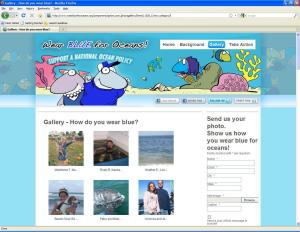


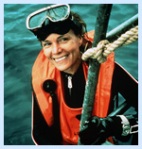 I was watching the October 13, 2009 episode of the Colbert Report on Comedy Central and was pleasantly surprised to when Stephen interviewed Sylvia Earle. Ms. Earle is a very accomplished ocean explorer.
I was watching the October 13, 2009 episode of the Colbert Report on Comedy Central and was pleasantly surprised to when Stephen interviewed Sylvia Earle. Ms. Earle is a very accomplished ocean explorer. and not as intimidating as people once thought.
and not as intimidating as people once thought.


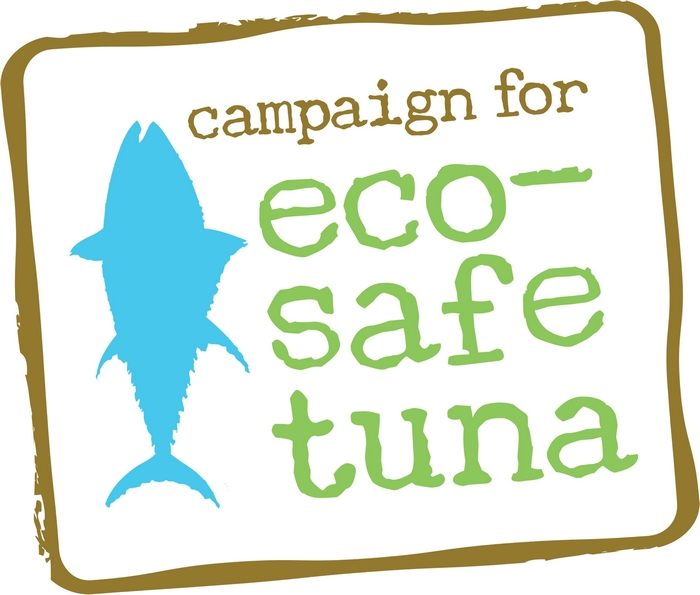


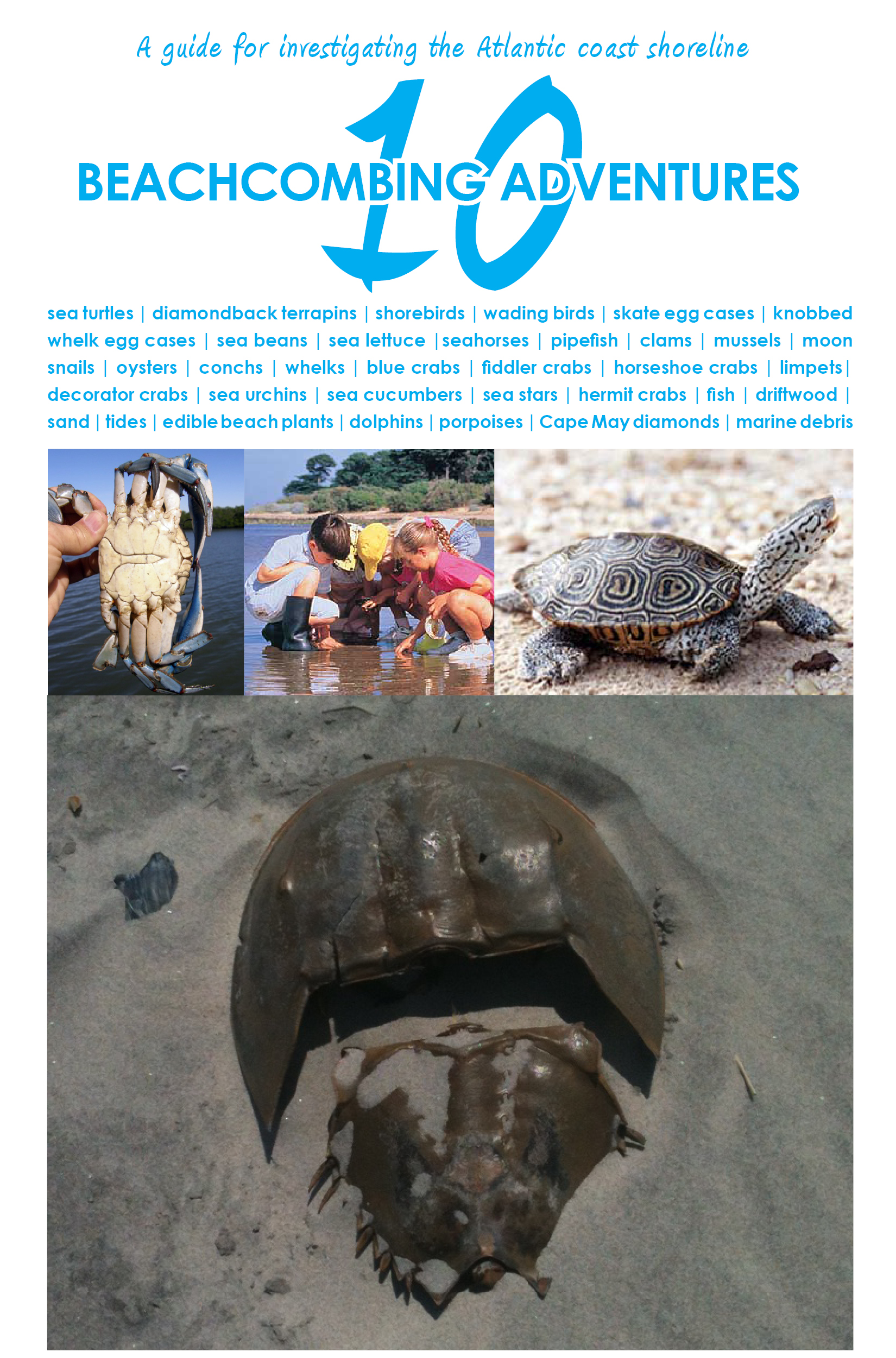
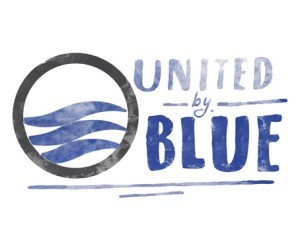
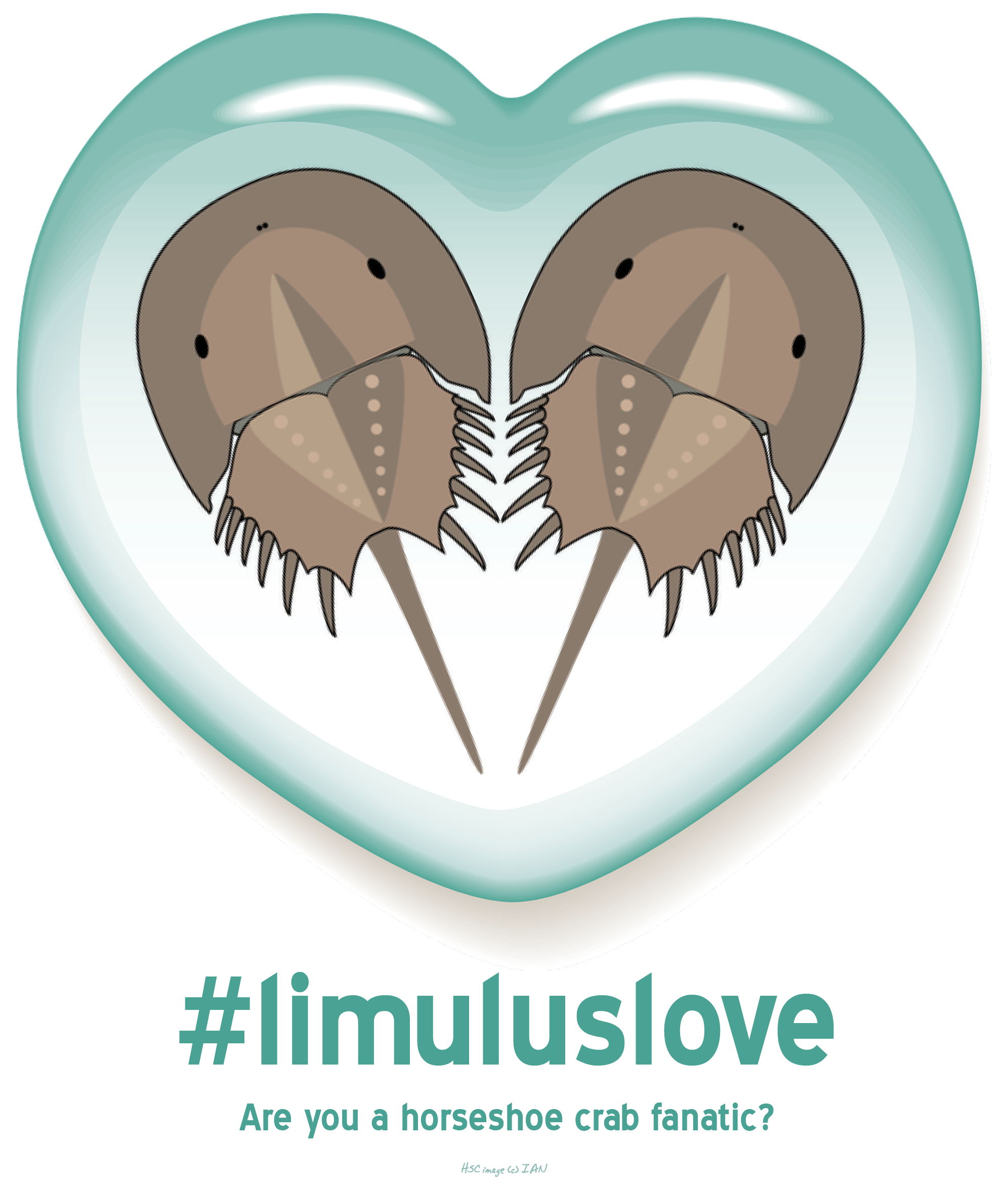
What people are saying …